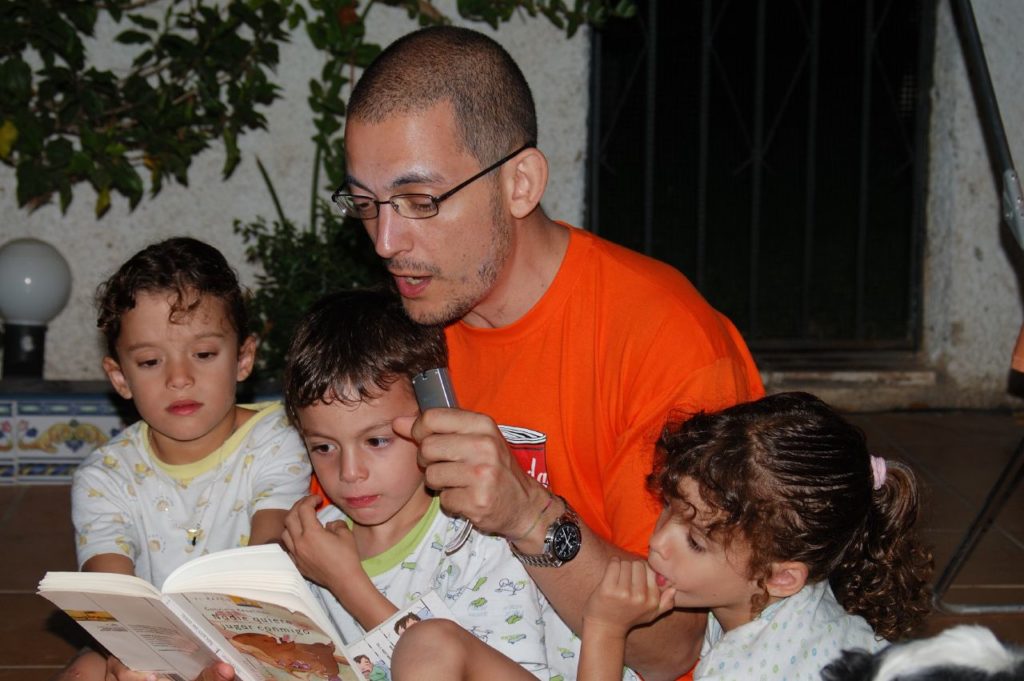
As schools close and workplaces go remote to prevent the spread of COVID-19, parents everywhere are struggling to keep children healthy and occupied. If you’re anxious about how to protect and nurture kids through this crisis — often juggling work obligations at the same time — you’re in good (virtual) company. I know, as I write this from home, with my 2-year-old hovering, that we have a lot to figure out.
Here are tips from the Child Mind Institute’s clinicians to help calm fears, manage stress and keep the peace.
Keep routines in place
The experts all agree that setting and sticking to a regular schedule is key, even when you’re all at home all day. Kids should get up, eat and go to bed at their normal times. Consistency and structure are calming during times of stress. Kids, especially younger ones or those who are anxious, benefit from knowing what’s going to happen and when.
The schedule can mimic a school or day camp schedule, changing activities at predictable intervals, and alternating periods of study and play.
It may help to print out a schedule and go over it as a family each morning. Setting a timer will help kids know when activities are about to begin or end. Having regular reminders will help head off meltdowns when it’s time to transition from one thing to the next.
Be creative about new activities — and exercise
Incorporate new activities into your routine, like doing a puzzle or having family game time in the evening. For example, my family is baking our way through a favorite dessert cookbook together with my daughter as sous chef.
Build in activities that help everyone get some exercise (without contact with other kids or things touched by other kids, like playground equipment). Take a daily family walk or bike ride or do yoga — great ways to let kids burn off energy and make sure everyone is staying active.
David Anderson, PhD, a clinical psychologist at the Child Mind Institute, recommends brainstorming ways to go “back to the 80s,” before the time of screen prevalence. “I’ve been asking parents to think about their favorite activities at summer camp or at home before screens,” he says. “They often then generate lists of arts and crafts activities, science projects, imaginary games, musical activities, board games, household projects, etc.”
This blog post was orginally posted on childmind.org and written by Rae Jacobson. You can view the article in its entirety by clicking here.
